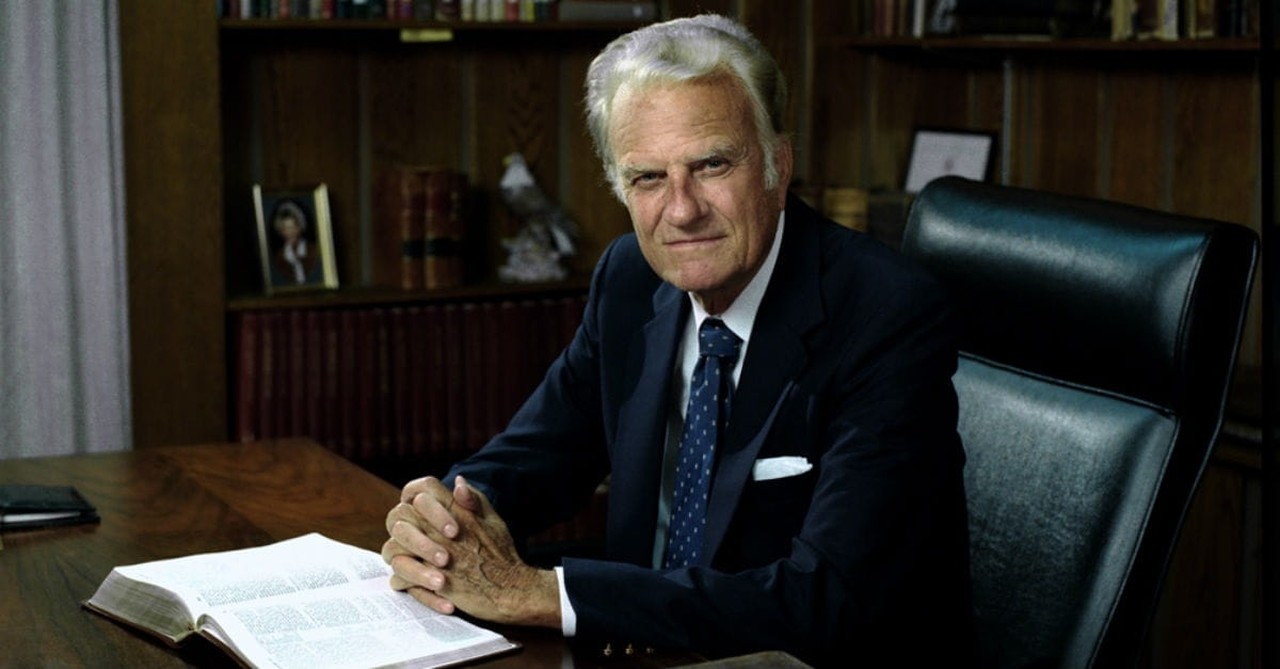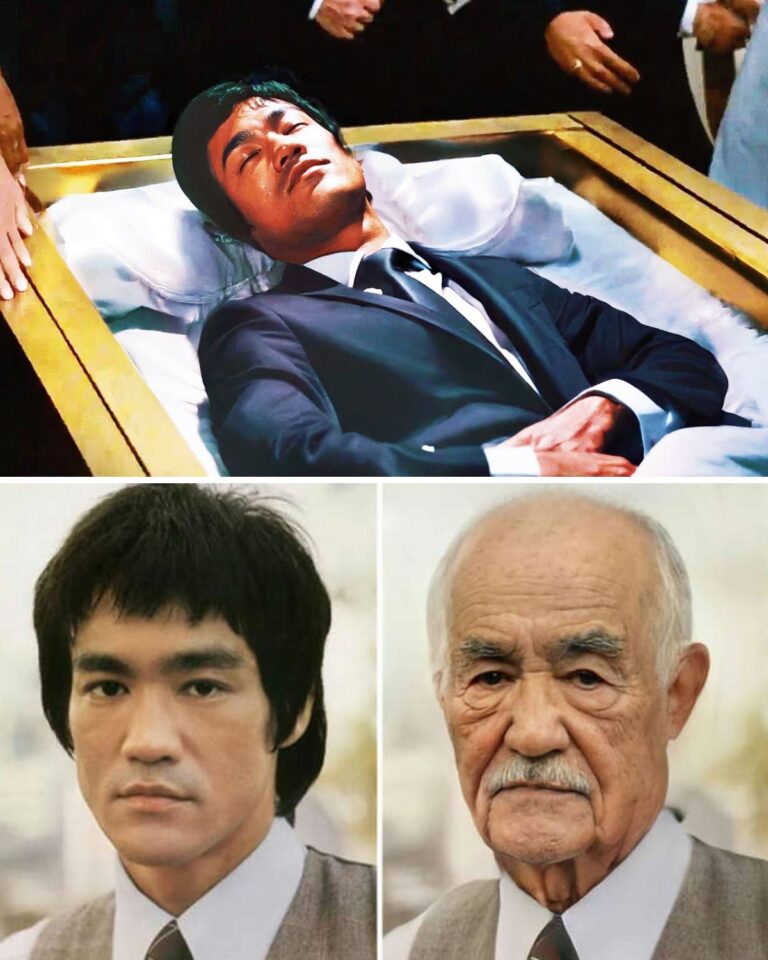For decades, Billy Graham stood as the towering symbol of American faith — the preacher who filled stadiums, counseled presidents, and inspired millions around the world. But behind the calm voice and polished sermons lay a man haunted by pain, sacrifice, and shocking contradictions few ever saw.

Born in 1918 during the Spanish flu pandemic, Graham’s story began in hardship. His father secretly ran a moonshine operation during Prohibition — a family secret that came crashing down when federal agents raided their home. The young Billy was forever scarred by that night, carrying a deep mistrust of authority and an early understanding of sin and fear.
Those who knew him as a child described him as rebellious, curious, and mischievous — not the saintly image the world would later see. But everything changed when he witnessed his grandmother’s death. That moment ignited a lifelong fear of mortality and a relentless drive to find meaning — a drive that would one day take him to the top of the evangelical world.

Yet success came with a price. By the time he became America’s preacher, Graham was spending more than 200 days a year away from home, traveling across continents and preaching to millions. His wife, Ruth Bell Graham, was left to raise their five children alone. Letters from the family reveal the deep cracks in their marriage — at one point, Ruth even sent a desperate telegram begging him to come home.
Behind the stage lights, Graham faced inner battles that few could imagine. In 1974, after being betrayed by a close associate, he spiraled into a deep depression — so severe that he reportedly confessed to feeling near suicidal. His iron faith had finally met its breaking point.

And then came the political controversies. Graham’s friendship with President Richard Nixon would later haunt him. When the infamous Nixon tapes were released, they revealed shocking private comments between Graham and the president — remarks about Jews and the media that deeply tarnished his reputation. Graham later admitted his “deep regret and shame”, saying it was one of the greatest moral failures of his life.
His relationship with his son Franklin Graham also faced turbulence. When Franklin was arrested in a drug-related scandal, Billy was devastated, blaming himself for being an absent father. “I preached to the world,” he later said, “but sometimes, I forgot to preach at home.”
Despite his public image as the “voice of God’s love,” Billy Graham was a man who wrestled with guilt, pride, loneliness, and doubt. Yet it was precisely those struggles that made his message resonate — not because he was perfect, but because he wasn’t.
When he passed away in 2018 at the age of 99, the world mourned a spiritual giant. But those closest to him knew that his greatest sermons weren’t just the ones he delivered from the pulpit — they were the ones he lived, quietly, in the shadows of regret and redemption.

🙏 Billy Graham’s story reminds us that even the most powerful faith can coexist with the deepest human flaws — and that true greatness often comes from confronting the darkness within.






